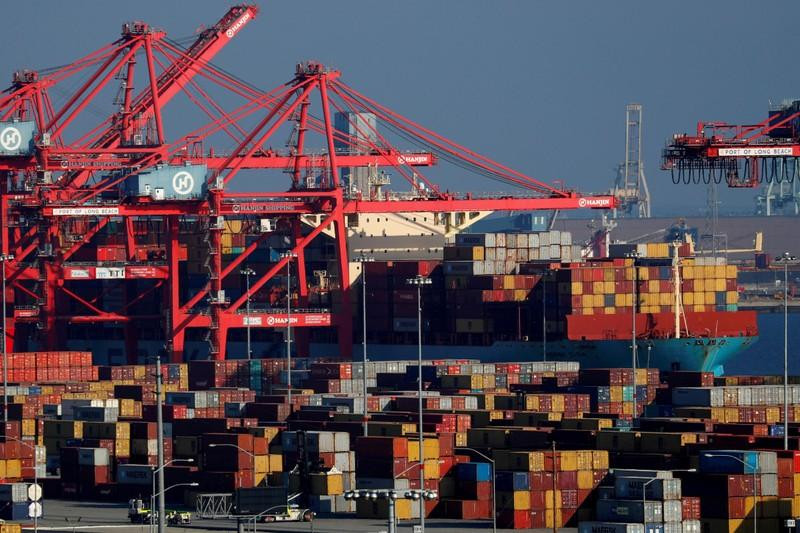The OECD's latest forecast showed that the growth in major economies next year will slow, as soaring energy prices and persistently high inflation reduce purchasing power and consumer confidence. According to the Paris-based organisation, the economic growth in the US and the Eurozone will be 0.5% in 2023. The world’s economic growth will slow from 3.1% in 2022 to 2.2% next year, before recovering to 2.7% in 2024.
Amid the sluggish growth in major economies, the OECD's forecast of 2.2%, which is not too bad, was made because the organisation believes in the bright prospects of emerging economies. According to the OECD, the world economy is losing its growth momentum due to conflicts, high inflation, the decline of consumer confidence and many unpredictable factors in the future.
According to the OECD, the world economy is losing its growth momentum due to conflicts, high inflation, the decline of consumer confidence and many unpredictable factors in the future.
The Chief Economist of the OECD, Alvaro Santos Pereira said the world economy is reeling in the biggest energy crisis since the 1970s. The energy shock has pushed inflation up “to levels not seen for many decades” and is hitting the economic growth of the world.
The OECD forecasted that G20 countries’ inflation will remain above 8% in the fourth quarter of this year before falling to 5.5% in 2023 and 2024. The organisation gave the most pessimistic assessment of the UK economy, with a forecast that the “land of mist” will become the G20's slowest growing economy in the next two years, namely down to a recession (negative 0.4%) in 2023 before inching up to 0.2% in 2024.
In addition to a sharp deceleration, the UK economy is also falling into a spiral of high public debt. The UK government’s loans rose in October, due to costly energy support measures and soaring inflation, according to figures released by the Office for National Statistics (ONS) on November 22.
Specifically, the public sector net borrowing amounted to 13.5 billion pounds (16 billion USD) in October, compared to 9.2 billion pounds in the same period last year. This is also a consequence of the UK Government's decision to reduce the burden of energy bills and living costs for families amid high inflation.
The UK’s Chancellor of the Exchequer, Jeremy Hunt said that it is right that the government increased borrowing to support millions of businesses and families, but to tackle inflation and ensure economic stability, it is vital that we put the public finances back on a more sustainable path. According to the ONS, the UK's total public debt in October rose to nearly 2.46 billion pounds (equivalent to 97.5% of GDP), due to emergency spending programmes for the COVID-19 pandemic while tax revenue reduces.
Germany is in a similar situation to Britain, as the Federal Minister of Finance Christian Lindner recently said: “We are in a time of great economic uncertainty,”. The German government is at risk of taking on more debt than expected in 2023, as it needs financial resources to deal with an energy crisis that is plunging Europe's largest economy into recession and severe uncertainty. The German government forecasted that new net borrowing in 2023 will amount to 45.6 billion EUR, 2.5 times higher than the initial estimate of 17.2 billion EUR.
The Chief Economist of the OECD Alvaro Santos Pereira stressed, that the fight against inflation must be a top priority. He recommended tightening monetary policy in countries where prices remain high and strengthening measures to support families and businesses, to avoid exacerbating inflationary pressures if energy prices continue high and potentially volatile.
















